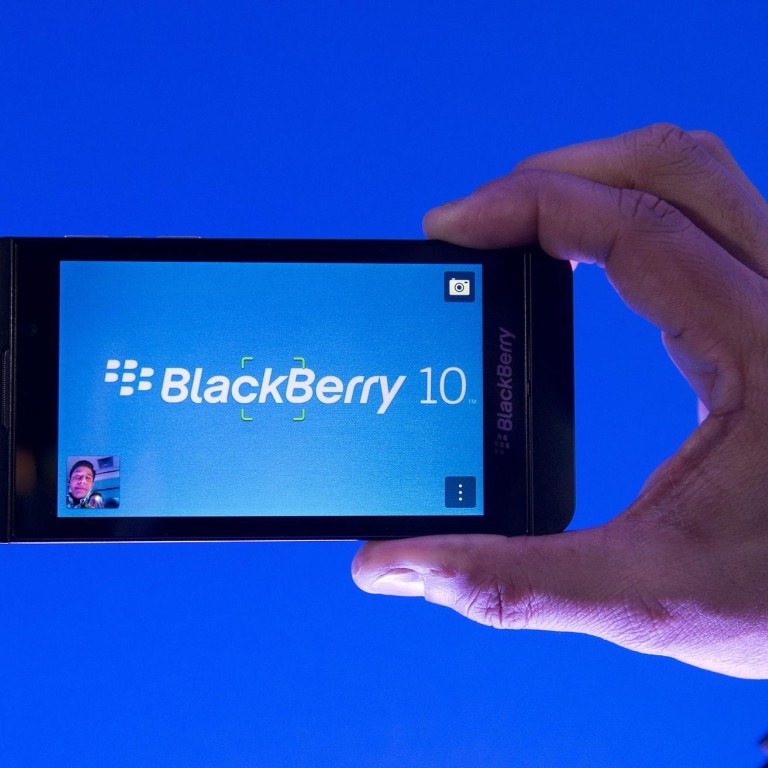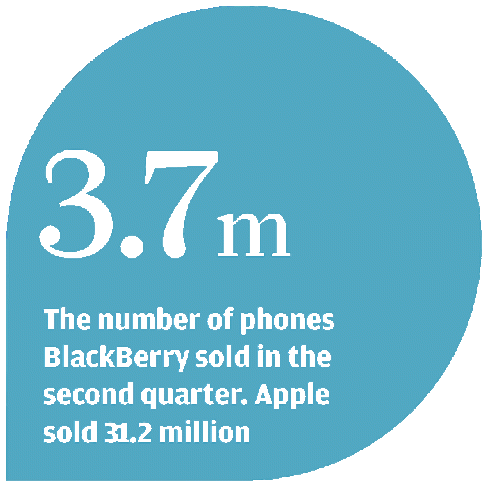
BlackBerry a casualty of the handset war as it lays off more workers
BlackBerry has announced it will be laying off 4,500 employees, nearly 40 per cent of its already cut workforce. The bleak results sent BlackBerry shares tumbling 17 per cent and drew comparisons to Palm, another smartphone pioneer that fell out of favour with consumers.
At their peak, just a few years ago, BlackBerry smartphones were symbols of corporate and political power. When US President Barack Obama took office, he made keeping his BlackBerry a personal priority, and when BlackBerry service had a hiccup, so did business on Wall Street.

The company also said that it expected to report a quarterly loss of nearly US$1 billion this week, mainly the result of a write-off of unsold phones, but also because of payments to stop manufacturers and suppliers from adding to the pile. And of the six phones that the company offers - including the new BlackBerry 10 - two will be discontinued.
"This is a recognition that they lost the handset war," said James Gellert, chief executive of Rapid Ratings, an investment risk evaluation firm. "It's certainly a waving of the big white towel."
The company halted the trading of its shares on Friday to make the bleak announcement. It also said revenue was expected to have been US$1.6 billion in the second quarter, barely half what analysts had anticipated. Sales of phones during that time, it said, totalled 3.7 million. Apple, by comparison, sold 31.2 million iPhones during its last quarter.
More alarming to many analysts was BlackBerry's announcement that it had used about US$500 million in cash to stay operating during the last quarter, lowering its cash holdings to US$2.6 billion. Despite losing market share for several years, BlackBerry had managed to increase its cash holdings.
The stock has declined 26 per cent this year, bringing the market value to US$4.6 billion.
Like BlackBerry, Palm attempted a comeback with a new operating system - only to see it fizzle with shoppers. Palm enticed Hewlett-Packard into buying it in 2010, though that didn't save the product line from being discontinued.
BlackBerry said last month that it was forming a committee to evaluate its strategic options, including a potential sale. Finding a buyer may not be easy, though. JPMorgan Chase and RBC Capital Markets spent close to a year quietly canvassing potential acquirers without success, sources said.

